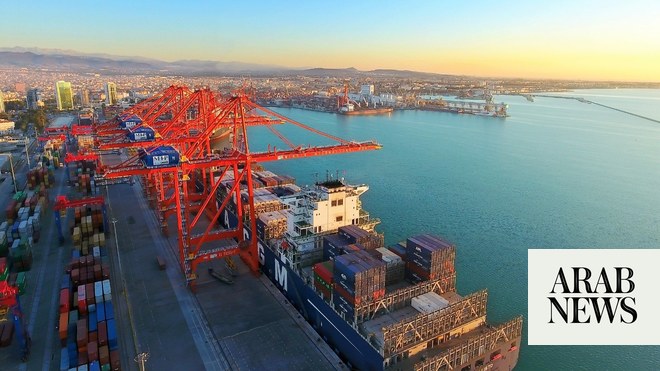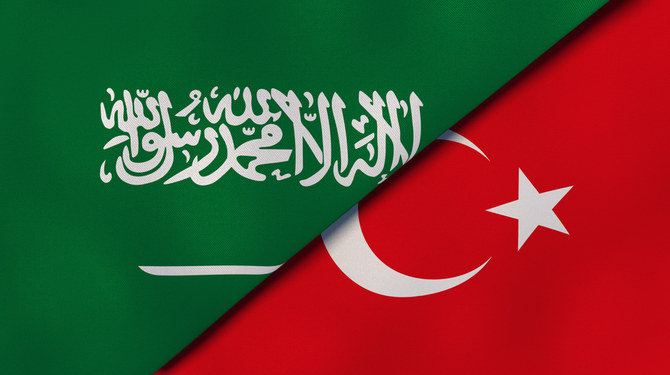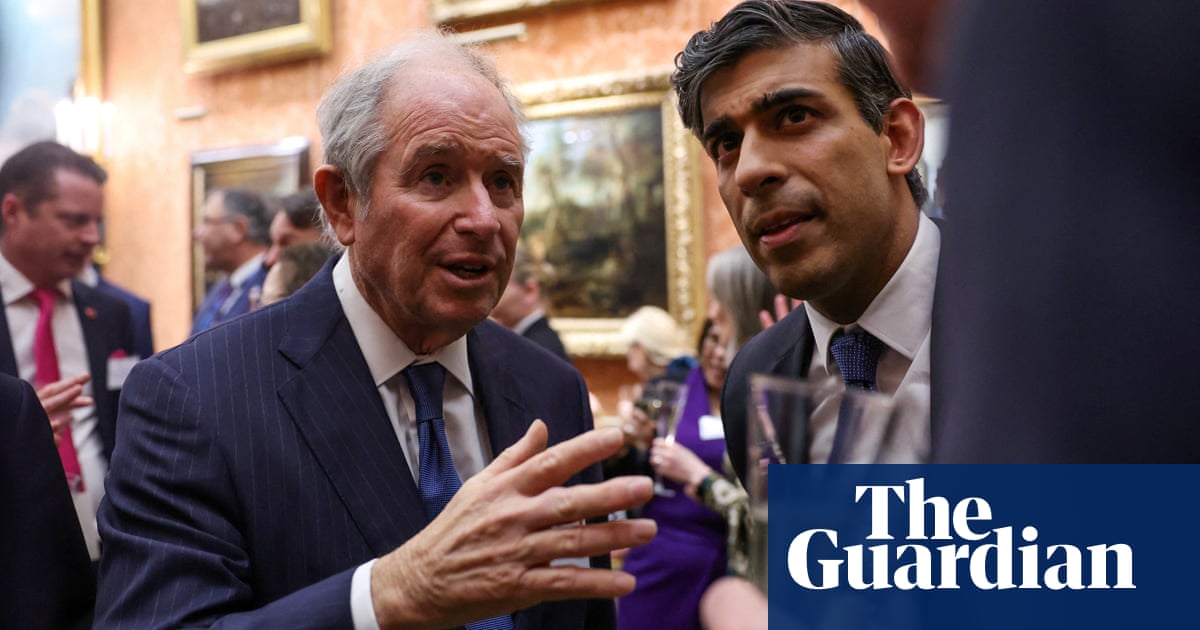
The Middle East is going through a recalibration process, with many regional countries resetting their diplomatic relations by signing accords and exchanging unprecedented visits. Turkiye is trying to seize the benefits of this climate of rapprochement by looking for a more institutionalized touch in its relations with regional countries that could bring solid outcomes in the long term.
Turkish Deputy Foreign Minister Burak Akcapar, an experienced career diplomat, this week paid visits to both Saudi Arabia and Kuwait for political consultations with his Saudi, Kuwaiti and Yemeni counterparts. Bilateral relations were certainly discussed, but the ongoing regional climate of reconciliation and the ways in which countries can benefit from this likely dominated the talks.
The two-leg visit was significant in both its timing and its content, as well as the regional context.
Firstly, the meeting in Riyadh was the first round of political consultations between Turkiye and Saudi Arabia for many years. The two sides are trying to reap the benefits of their reconciliation by discussing ways to materialize their cooperation in various fields. Secondly, the political consultations with Gulf countries came at a time when the region is going through a diplomatic reset and Ankara wants to be actively involved in regional diplomacy. Thus, the visit highlighted the importance of diplomacy and demonstrated Ankara’s eagerness to work closely with regional actors, particularly Saudi Arabia. Riyadh is not only the heavyweight of the region, but also the main actor in the reset climate.
One important aspect of Akcapar’s visit to the Kingdom was his meeting with Gulf Cooperation Council Secretary-General Jasem Mohammed Albudaiwi. The two sides concluded their talks by agreeing to stage more meetings between the joint technical teams that were formed under the framework of the joint action plan between the GCC and Turkiye, adopted at the third ministerial meeting of the strategic dialogue in Kuwait in 2010. This commitment was a significant indication that a new era in Turkiye’s ties with the bloc has begun.
The regional climate is more suitable than ever before to pave the way for a solid strategic and sustainable partnership
Sinem Cengiz
I have argued in previous articles that, as Turkiye and the GCC states move toward a new era in their relationship after a decade-long period of tension, more concrete steps should be taken to institutionalize their ties to ensure long-term mutual benefits. The regional climate is more suitable than ever before to pave the way for a solid strategic and sustainable partnership between Turkiye and the GCC states.
Albudaiwi highlighted the decision of the GCC Ministerial Council to resume dialogue between the two sides and hold joint meetings during its 155th session, saying that the two sides were keen to set a date for the next meeting.
Some key initiatives and platforms could be vital components in the institutionalization of the GCC-Turkiye relationship. First is to materialize the economic and political tools through the framework agreement on economic and technical cooperation signed between the two sides in 2005, as well as the memorandum of understanding on the strategic dialogue signed in 2008.
Also, Turkiye and the GCC states should revitalize the platforms that enabled them to enhance their cooperation both bilaterally and regionally. The Organization of Islamic Cooperation is one of those platforms to foster relations. Ankara should go beyond the economic and political issues in its coordination council meetings with the individual GCC states. These meetings could include ways to promote public diplomacy. It is clear that the strengthening of bilateral relations between Turkiye and the GCC states has to be backed by reciprocity, not only by economic pragmatism.
Additionally, the Turkish-Arab Cooperation Forum, which was established to enhance Turkiye’s relations with Arab League countries on political, security and economic issues, should be revived. This forum was one of the platforms that was adversely affected by the tensions between Ankara and the Arab capitals.
The second important aspect of Akcapar’s Riyadh visit was the meeting with his Yemeni counterpart, Mansour Baggash. The latest developments in Yemen, bilateral relations and cooperation opportunities between Ankara and Sanaa were on the agenda. Ankara is certainly interested in the ongoing talks between Saudi and Houthi representatives. From the very beginning, Ankara has sided with the Coalition to Restore Legitimacy in Yemen, offering moral and rhetorical rather than military support.
A new era is dawning in the region, in which the personalized nature of foreign policymaking is being replaced by a more diplomatic and institutional approach. The bilateral coordination councils and multilateral dialogue platforms that were suspended due to regional tensions are now set to be revived. The recent visits and talks should move beyond commitments and more action should be taken to ensure concrete outcomes in Turkish-Gulf relations.
• Sinem Cengiz is a Turkish political analyst who specializes in Turkiye’s relations with the Middle East. Twitter: @SinemCngz












